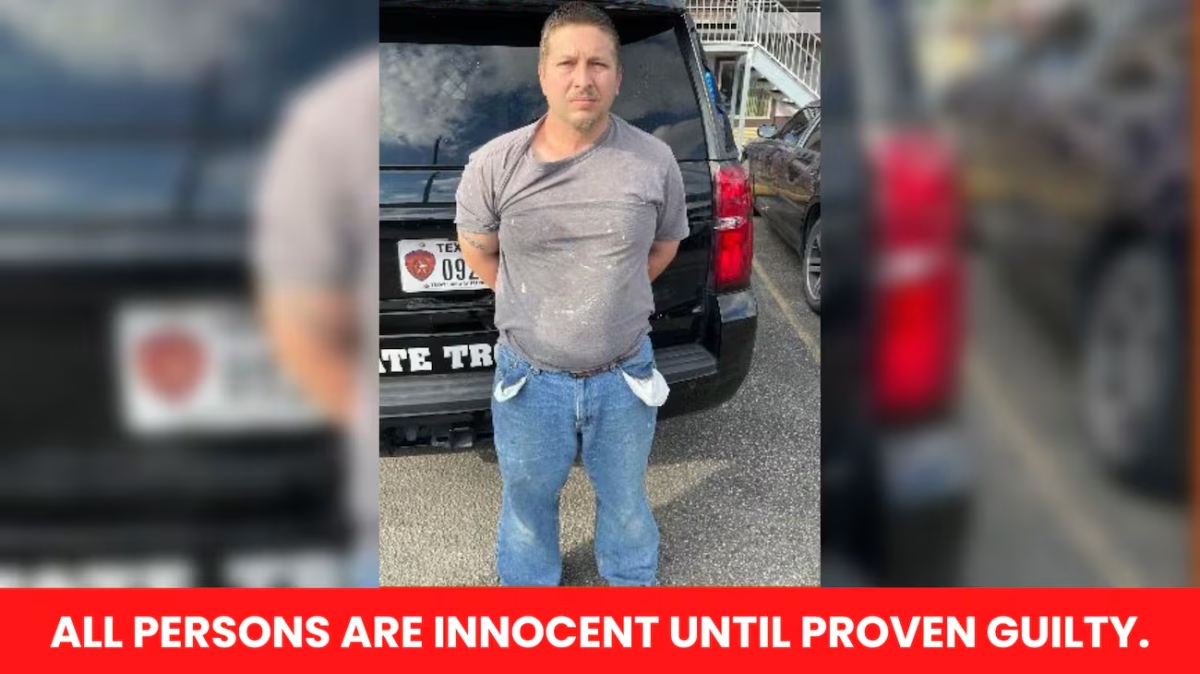 Sexual assault has been an ongoing issue for both men and women for years, and the #MeToo Movement bursting on the scene raised the level of awareness a thousand-fold. But now we’ve seen release of the Lifetime documentary series “Surviving R. Kelly,” which has renewed the conversation among black college students.
Sexual assault has been an ongoing issue for both men and women for years, and the #MeToo Movement bursting on the scene raised the level of awareness a thousand-fold. But now we’ve seen release of the Lifetime documentary series “Surviving R. Kelly,” which has renewed the conversation among black college students.
Indeed, Dillard made the local news Jan. 16 when the discussion “Sexual Assault on College Campuses: An Open Discussion,” facilitated by junior Leah Erby of the Student Government Association, was held in the Student Union.
The docu-series had victims and their parents come forward to tell their stories, along with some of the people who worked for and with Kelly.
Although it may be an uncomfortable topic, sexual assault is something we cannot look away from. It’s time to confront this very serious matter in all its ugliness.
According to the National Sexual Violence Resource Center, one in five women and one in 71 men will be raped. One in three women and one in six men have been victims of a form of sexual violence, in the United States. Some 91 percent of rape victims are female and 9 percent are male. According to Rainn.org, 11.2 percent of students experience rape or sexual assault; 23.1 percent of females and 5.4 percent of males are undergraduate students.
Some 8 percent of rapes occur in the workplace, according to statistics provided by the center.
Many times, people in our very own families have been victims of some form of sexual assault, and we just weren’t aware. And, as one discussant said recently on the “Tom Joyner Morning Show,” we in the black community have to start confronting the relative everyone knows has to be kept away from the kids rather than looking the other way.
As a college student, I know firsthand that we have people on our campus who have been victims of sexual assault. Too often, these horrible incidents are “swept under the rug” and never addressed appropriately.
Despite it being considered “embarrassing” or many people feeling inclined to shame the victim, people who commit these acts should be held accountable. It is never OK to violate someone or force a person to engage in sexual relations. If someone says “NO,” respect that and move on.
The National Sexual Assault Hotline is available at (800) 656-HOPE (4673). If you are a victim, please don’t be ashamed or afraid to seek help or speak out.




























